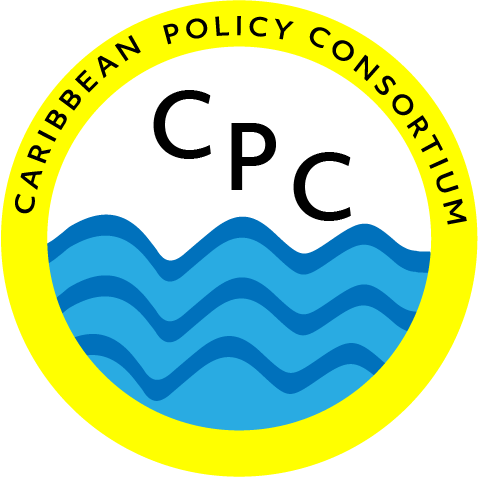DATE: AUGUST 10, 2022
MEDIA ADVISORY:
The Guyana Business Journal and the Caribbean Policy Consortium host Webinar: Transforming Guyana, Episode III
How should Guyana leverage oil and gas revenues to produce a world-class twenty-first-century education system at all levels, focusing on broad coverage of the country and with strong links to the best institutions of higher learning abroad while fostering local skills in key local content areas?
Executive Summary
Education and innovations pertinent to industry needs are vital to national development. State leaders must be deliberate in privileging human capital investments, given their connectedness to sustainable economic growth. The education sector and innovations therein are particularly salient for Guyana and the Caribbean as the nation now occupies a seat around the global table of leading oil producers
Panelists
Dr. Cardinal Warde, considered one of the world’s leading experts on materials, devices, and systems for optical information processing, is a professor of electrical engineering at MIT. Professor Warde is the Executive Director of Caribbean Science Foundation (http://caribbeanscience.org/) CARICOM Research Building UWI Cave Hill Campus, Bridgetown, Barbados.
Prof. Edward Greene, former UN Special Envoy and CARICOM Deputy Secretary General, Chancellor of the University of Guyana.
Prof. Paloma Mohamed, Ph.D., MS AA, eleventh Vice Chancellor of the University of Guyana. She is a full Professor of behavior and communications and is noted as a futurist scholar for her work on change in both humans and human systems. She is the first woman to lead the University in its 58-year history and the first to be appointed Vice-Chancellor at any University in the Anglophone Caribbean.
Dr. Leyland Lucas, Dean, School of Entrepreneurship & Business Innovation at the University of Guyana.
Moderators
Dr. Terrence Blackman, Medgar Evers College at the City University of New York, Guyana Business Journal
Dr. David E. Lewis, Caribbean Policy Consortium & Manchester Trade Ltd. Inc.
Key Quotes
Dr. Paloma Mohamed Martin (Vice Chancellor of the University of Guyana)
“The process of building a technically competent workforce cannot be successful if it is done in isolation from the education systems… The education and training infrastructure must therefore be developed as a true partnership… with the local universities, training institutions, and technical vocational institutes as well as operators and their service providers.”
“We have to scale up. We cannot keep up with the demand for instance for engineers, persons in computing and so on. We are getting huge demand for support services, so international affairs, languages, economics, finance… that support these industries (oil and gas).”
“The human infrastructure of a country is what will sustain a country and what will ensure sustainability.”
Dr. Edward Greene (Chancellor of the University of Guyana)
“One of the most striking paradoxes that we have to take into consideration as we move ahead is the resource curse, of which Guyana must be mindful. Countries rich in nonrenewable natural resources, such as oil and minerals, have experienced according to the overall analysis, slower economic growth than resource poor countries… Our emphasis should be placed on the wider issues of human development… more particularly on human capital development.”
“We must take education as an investment in human development.”
Dr. Leyland Lucas (Dean, School of Entrepreneurship and Business Innovation)
“We need to move away from this obsession with growth and focus on development… Development is what will take this country forward and education is part of the conversation about development.”
Dr. Cardinal Warde (Executive Director of the Caribbean Science Foundation)
“The government needs to get the people involved and get the people to be passionate about the new direction and science and technology and where it can take Guyana.”
“Oil and gas will one day be gone… but I think we will be using fossil fuels for a while… Using the resources that you have to diversify your economy now, and yes, we all agree, education is the key and developing the work force for the future is key towards diversifying the economy.”
Latest Webinars
- Haiti: Moving Beyond the Crisis and U.S. Responses
- Transforming Guyana Season II, Episode 12
- CHALLENGED SOVEREIGNTY: THE IMPACT OF DRUGS, CRIME, TERRORISM AND CYBERTHREATS IN THE CARIBBEAN BY IVELAW LLOYD GRIFFITH
- Caribbean Energy 2024: Prospects, Challenges & Opportunities for Oil-Gas, Renewables and Environment
- Transforming Guyana: Season II, Episode XI, Community Engagement in the Era of Oil & Gas

